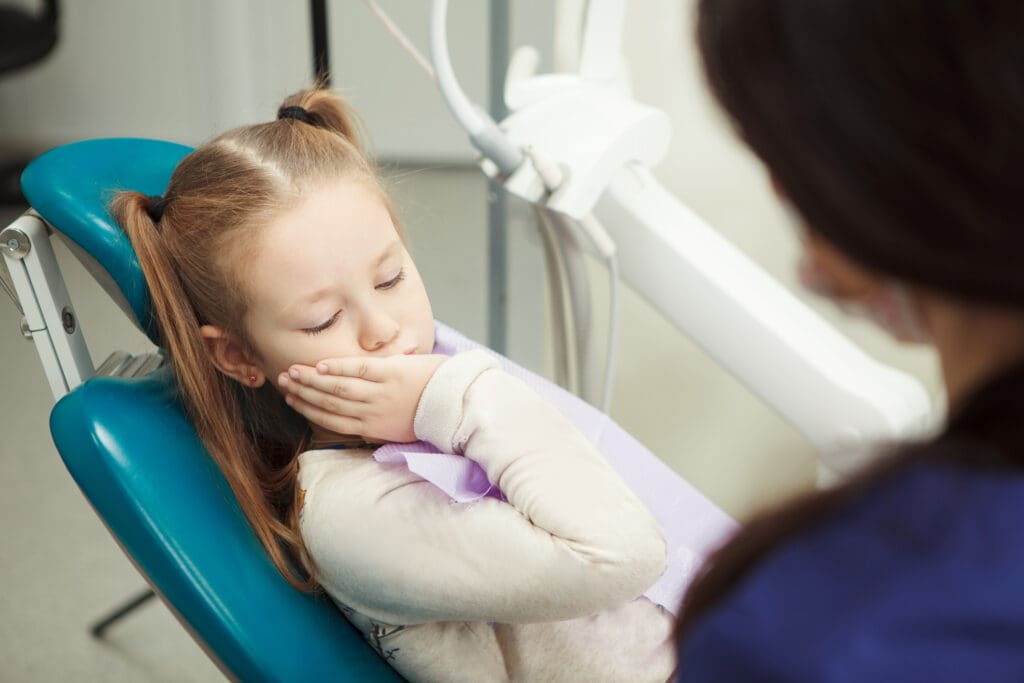When it comes to children’s oral health, one question many parents ask is whether baby teeth really need dental fillings. After all, these teeth are going to fall out eventually, right? While it might seem logical to skip treatment for temporary teeth, the reality is that baby teeth play a much more important role in your child’s development than you might think. Ignoring decay in baby teeth can lead to complications that affect not only oral health but also overall well-being.
The Purpose of Baby Teeth
Baby teeth, also known as primary teeth, begin to emerge around six months of age and typically fall out by the age of 12. Though temporary, these teeth are vital for several reasons. They help children chew properly, speak clearly, and maintain proper nutrition. Just as importantly, baby teeth hold space in the jaws for the adult teeth that are growing underneath. If a baby tooth is lost too early due to decay or infection, it can cause the permanent tooth to come in crooked or become impacted, leading to orthodontic issues later on.
Cavities in Baby Teeth: More Serious Than You Think
Cavities, or dental caries, in baby teeth are quite common. The Centers for Disease Control and Prevention (CDC) reports that over 40% of children have tooth decay by the time they reach kindergarten. Left untreated, cavities can grow quickly in baby teeth, which are smaller and have thinner enamel compared to adult teeth. This allows the decay to reach the inner layers of the tooth more rapidly, potentially leading to pain, infection, and even abscesses.
Pain caused by untreated cavities can interfere with a child’s ability to eat, sleep, and concentrate in school. It can also affect their self-esteem if the decay is visible or causes bad breath. In severe cases, dental infections from untreated cavities can spread to other areas of the body and lead to serious health risks. These potential outcomes make it clear that even though baby teeth are temporary, their health matters significantly.
Why Fillings Are Often the Best Option
When a cavity is detected in a baby tooth, a dentist will typically recommend a filling to restore the tooth and prevent further decay. A filling helps preserve the structure of the tooth and keeps it functional until it naturally falls out. This not only reduces pain and the risk of infection but also ensures the proper development of the permanent teeth. In some cases, a dentist may suggest alternative treatments, such as fluoride therapy for very small cavities or a crown for more extensive decay. But for most minor to moderate cavities, a filling is a simple and effective solution.
Preventing Future Cavities
While fillings are effective at treating cavities, prevention is always better. Establishing good oral hygiene habits early in life is key. This includes brushing twice a day with fluoride toothpaste, flossing daily, and limiting sugary snacks and drinks. Regular dental checkups are also essential, as they allow for early detection and treatment of any issues before they become more serious. Parents play a crucial role in helping their children maintain good oral health. Teaching children how to brush properly, monitoring their diet, and making dental visits a positive experience can set the foundation for a lifetime of healthy smiles.
Dental Fillings in Lee’s Summit, MO
At Summit Pediatric Dentistry, we are dedicated to helping your child preserve their oral health. Even though baby teeth eventually fall out, it’s still crucial to ensure they are healthy and strong until then. Early tooth loss can lead to worsening dental conditions later on in life. Contact our office today to schedule a consultation and learn more about the benefits of pediatric dental fillings.

